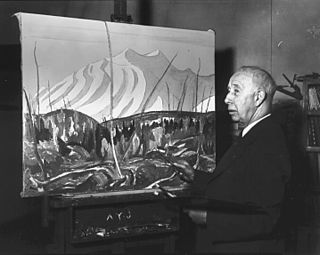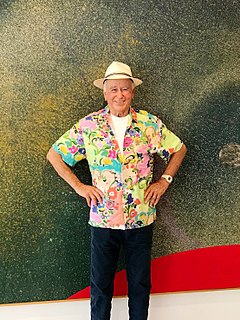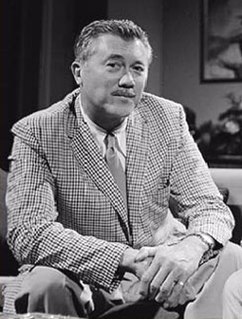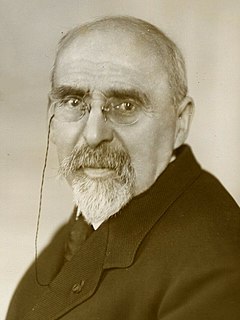A Quote by A. Y. Jackson
To Lawren Harris art was almost a mission. He believed that a country which ignored the arts left no record of itself worth preserving.
Related Quotes
So if the worth of the arts were measured by the matter with which they deal, this art-which some call astronomy, others astrology, and many of the ancients the consummation of mathematics-would be by far the most outstanding. This art which is as it were the head of all the liberal arts and the one most worthy of a free man leans upon nearly all the other branches of mathe matics. Arithmetic, geometry, optics, geodesy, mechanics, and whatever others, all offer themselves in its service.
Canada is one of the few places left where the small decencies are observed. If, as a young man, I was scornful of the country because we always seemed so far behind style-setting New York, I now thank God for the cultural lag. Ours, after all, is the good neighbourhood. A society well worth preserving.
Whoever accepts the higher mission of art and comes nearer and nearer to it through his creative activity, will then go on from art to the Spirit deep within his own self... The philosophic search for enlightenment and the artist's search for perfection of work can meet and unite. Art can be a path to spiritual enlightenment but not to complete and lasting enlightenment. It can be born out of, and can give birth itself to, only Glimpses. For art is a search for beauty, which by itself is not enough. Beauty must be supported by virtue and both require wisdom to guide them.
The beginning of civilisation is the discovery of some useful arts, by which men acquire property, comforts, or luxuries. The necessity or desire of preserving them leads to laws and social institutions. The discovery of peculiar arts gives superiority to particular nations ... to subjugate other nations, who learn their arts, and ultimately adopt their manners;- so that in reality the origin as well as the progress and improvement of civil society is founded in mechanical and chemical inventions.
To Jacob the act of critiquing art was essentially imprecise. That's why he didn't read reviews on anything he liked, be it a book, a movie, or a record. He believed that any work an artist puts forth which contains the truth as he or she sees it is worthy of consideration, and any commentary of the work beyond that is nothing more than pure individual opinion and should not be considered relevant to the work itself.
Analysis of rebellion leads at least to the suspicion that, contrary to the postulates of contemporary thought, a human nature does exist, as the Greeks believed. Why rebel if there is nothing permanent in oneself worth preserving? ... Rebellion, though apparently negative, since it creates nothing, is profoundly positive in that it reveals the part of man which must always be defended.
For a long time, it was believed that war was waged by armies which could not be identified with the nation itself. Professional soldiers took upon themselves the job of defending national interests, and it was understood that the war affected only them; the country itself went on living and working.









































